Benefits and uses of safety valves
Benefits of Safety Valves
Safety valves are essential devices in industrial systems, designed to protect equipment and ensure operator safety. Below is a detailed analysis of the benefits and applications of safety valves.
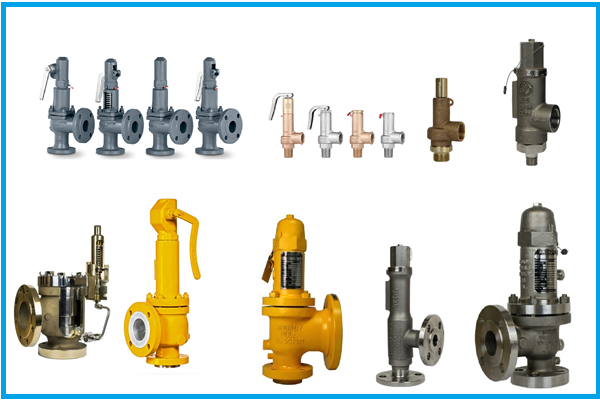
What is a Safety Valve?
A safety valve is an automatic device designed to release pressure when it exceeds safe levels, protecting the system from potential explosions or damage. These valves are commonly used in boilers, pressure vessels, oil, gas, chemical storage tanks, and water systems.
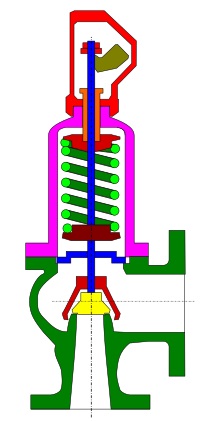
Applications of Safety Valves
- Protect equipment: Safety valves help protect equipment such as boilers, compressors, and storage tanks from damage due to overpressure.
- Prevent accidents: By automatically releasing pressure when it exceeds safe limits, safety valves prevent explosions and serious industrial accidents.
- Extend system lifespan: Maintaining pressure within safe limits ensures longer-lasting equipment and reduces maintenance and repair costs.
- Compliance with safety standards: Most industries are required to use safety valves to meet industrial safety regulations and standards.
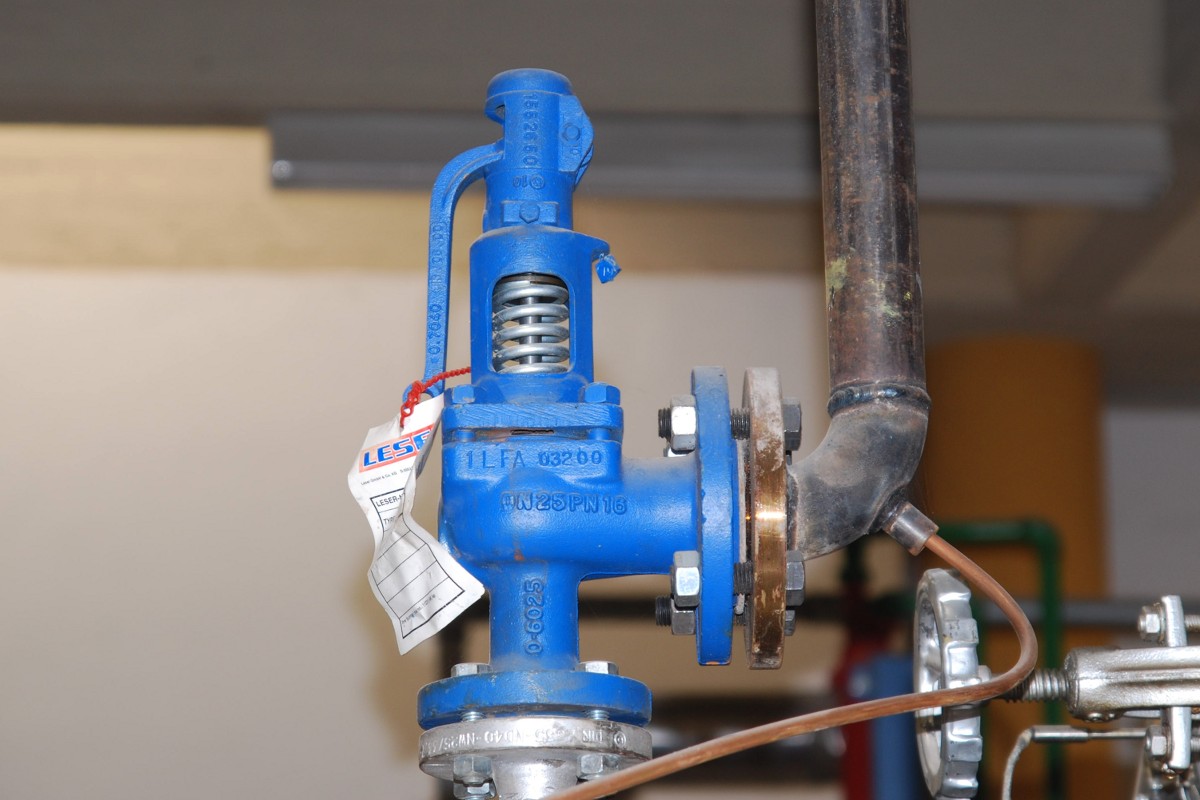
Applications of Safety Valves
Benefits of Using Safety Valves
- High safety: Safety valves significantly reduce the risk of workplace accidents, ensuring a safe environment for workers and operators.
- Automatic operation: These valves operate automatically without human intervention, optimizing operational efficiency.
- Minimize damage: By releasing excess pressure, safety valves help minimize the risk of equipment damage and system failures.
- Cost savings: The use of safety valves protects systems from costly breakdowns, saving businesses on repair, maintenance, and replacement costs.
Common Types of Safety Valves
- Spring-loaded safety valve: This type uses a spring force to keep the valve closed and opens when pressure exceeds the set limit.
- Pneumatic safety valve: Controlled by pneumatic pressure, this valve allows for precise pressure control in the system.
- Automatic safety valve: These valves are pre-set to automatically release pressure when necessary, without requiring manual operation.
Choosing Safety Valves from Phuc Minh Engineering
Phuc Minh Engineering is a leading distributor of high-quality safety valves in Vietnam, providing solutions from renowned brands like KSPC, Tozen, Klinger, and Samyang. With years of industry experience, Phuc Minh ensures the best safety valve solutions, meeting all technical and safety standards.
- Wide product range: Phuc Minh offers a full range of safety valves, from basic to high-performance models, suitable for all systems.
- Guaranteed quality: All products undergo rigorous testing and meet international safety and performance standards.
- Professional consultation: With a team of experienced engineers, Phuc Minh is ready to assist customers in selecting and installing the right safety valve.
📞 Contact PME – Your Trusted Industrial Equipment Partner
Phuc Minh Engineering Co., Ltd (PME) specializes in:
✅ Supplying genuine industrial equipment, pumps, valves, and water treatment systems.
✅ Consulting, installation, and maintenance for factories and production lines.
Contact Information:
- 🌐 Website: www.pm-e.vn
- 📧 Email: info@pm-e.vn
- ☎️ Tel: +84 (28) 3535 2125 | Fax: +84 (28) 3535 0254
- 📍 Address: 92/38 Street No.12, KP18, Binh Hung Hoa Ward, Binh Tan District, Ho Chi Minh City, Vietnam
- 📱 Zalo: 0902 720 814 – 0907 450 506 – 0902 800 728 – 0979 737 351
👉 PME – Delivering Reliable Engineering Solutions for Every Factory in Vietnam.
Related News
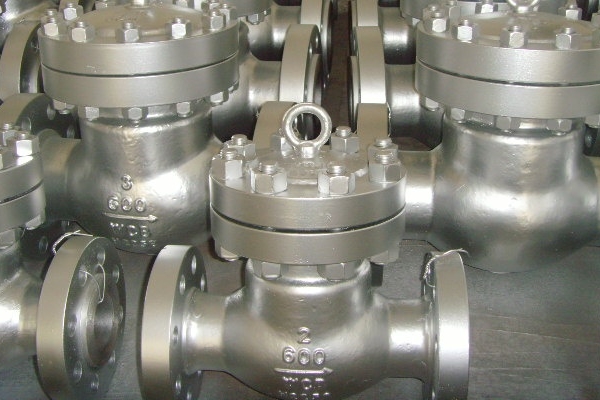
inVal Industrial Valves: Stainless Steel Gate Valve Solution for Chemicals
20/12/2025
Discover VinVal industrial valve lines, especially specialized stainless steel gate valves. Learn how to select the most effective valve for corrosive chemicals
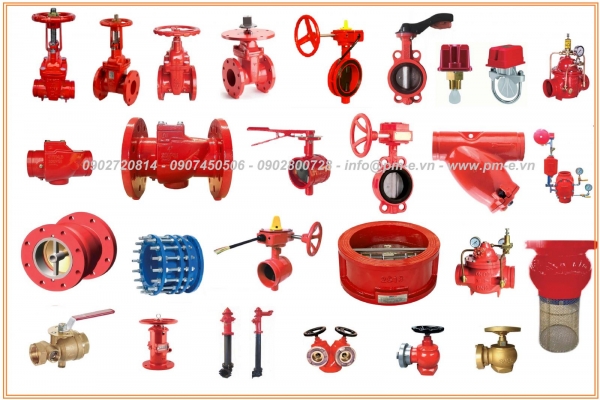
VinVal Industrial Water Valves: Stainless Steel Globe Valves & Pipeline Solutions from PM-E
20/12/2025
Discover high-quality VinVal industrial water valves. PM-E specializes in providing stainless steel globe valves and diverse fluid control solutions for your pipeline systems.
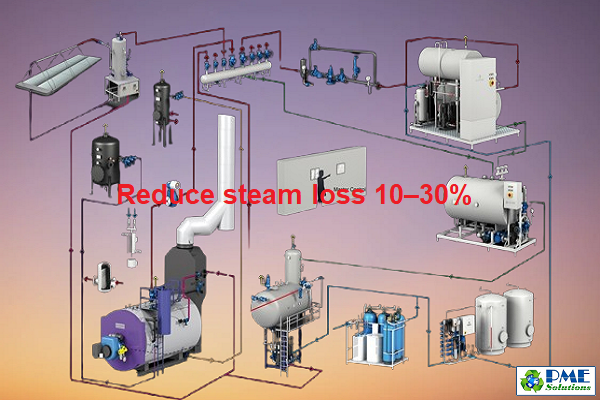
Steam Energy-Saving Solutions for Factories | Phuc Minh Engineering
17/12/2025
Optimize your steam system with Phuc Minh Engineering. Reduce energy loss, increase boiler efficiency, and cut fuel costs by 10–30%. Contact us now.
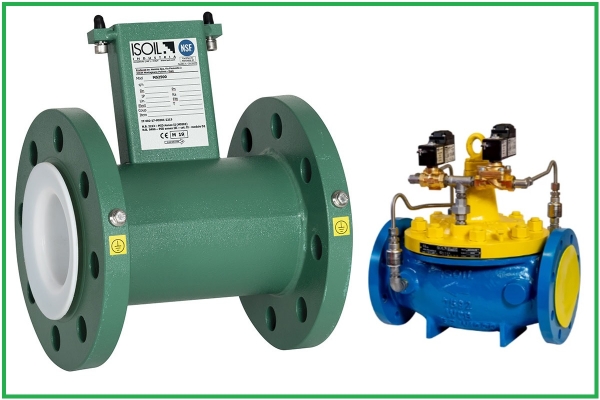
Flow Measurement & Pressure Control Solutions.
17/12/2025
Solutions for measuring flow and controlling pressure in steam, air, water, oil, and chemical systems. Optimize operations – reduce losses – enhance safety. Contact Phuc Minh.
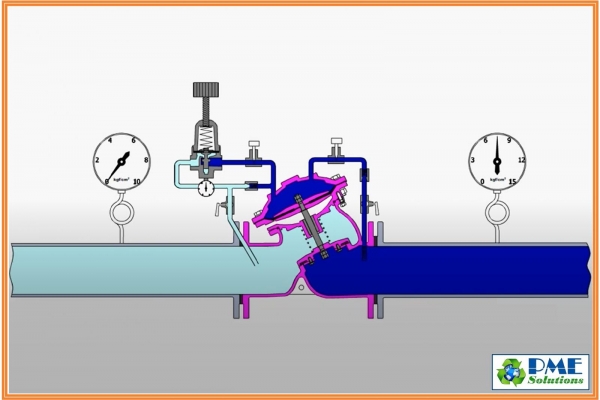
What Is a Pressure Reducing Valve? Structure – Working Principle – How to Select the Best PRV for Industrial Plants (2025)
17/12/2025
A Pressure Reducing Valve (PRV) is a device used to reduce high inlet pressure to a stable, lower outlet pressure, helping protect piping systems, instruments, and machinery while improving operational safety. PRVs are widely used in: Steam systems Compressed air, gas, nitrogen Clean water – process water – chilled water Oil, chemicals, and other industrial media









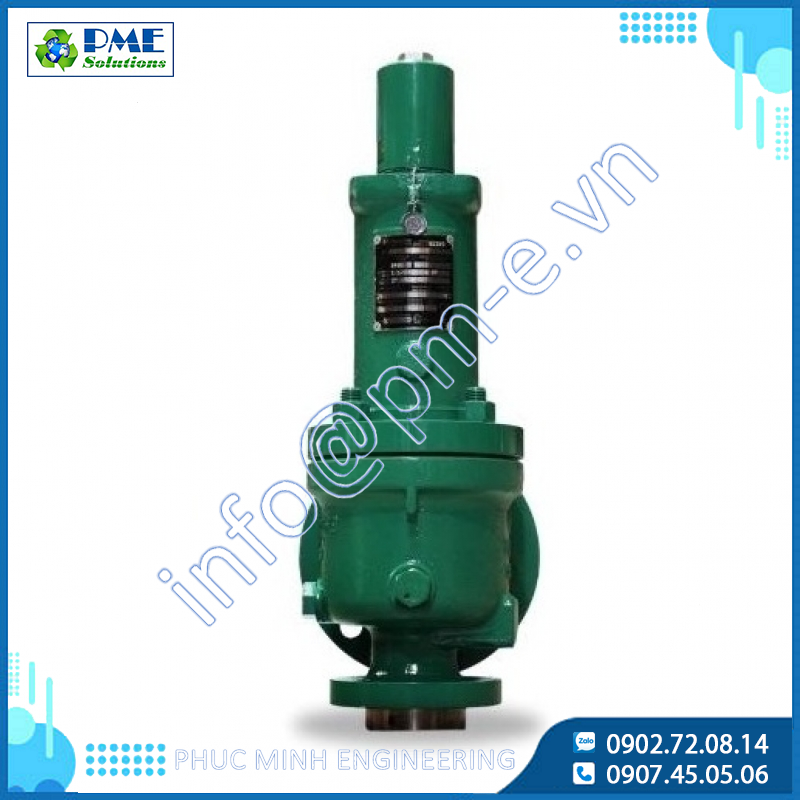
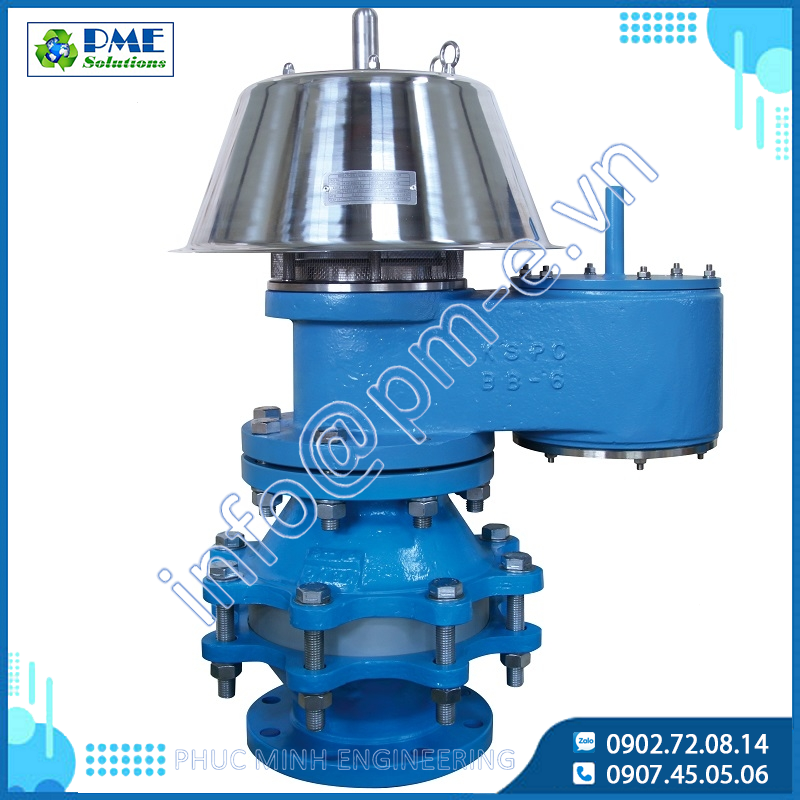
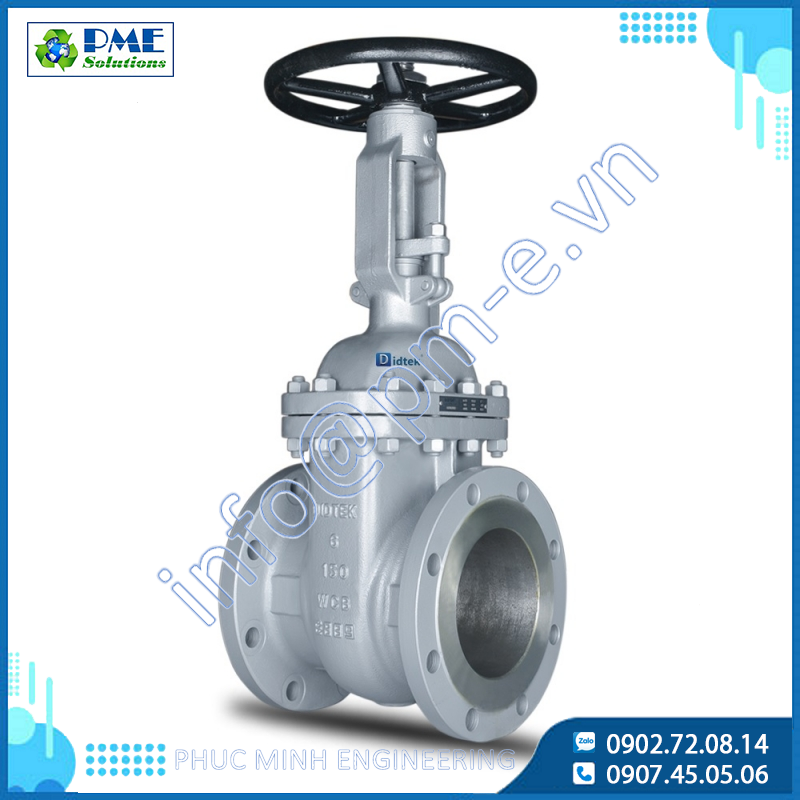
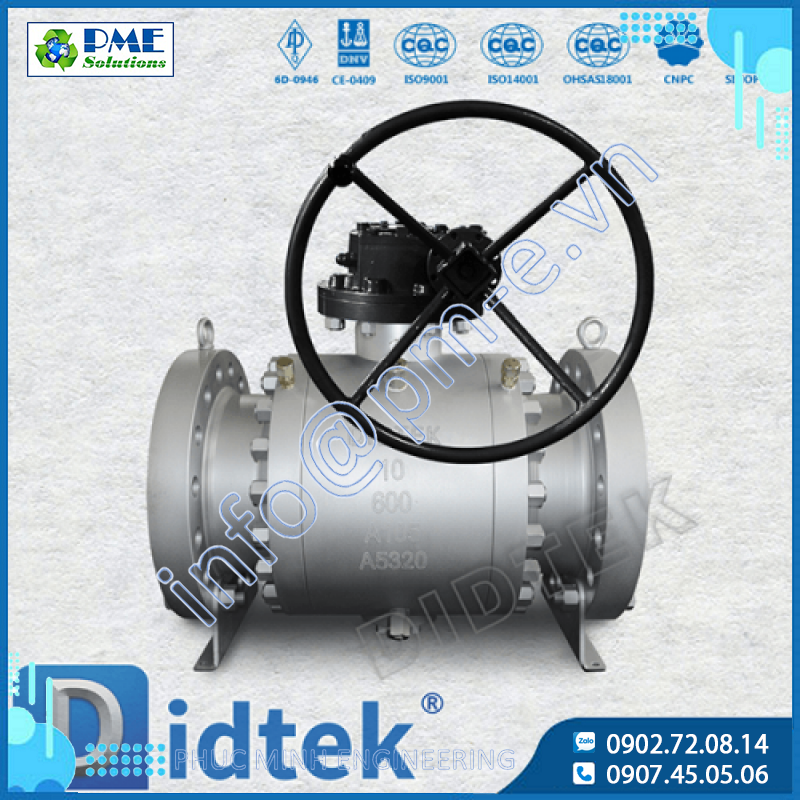
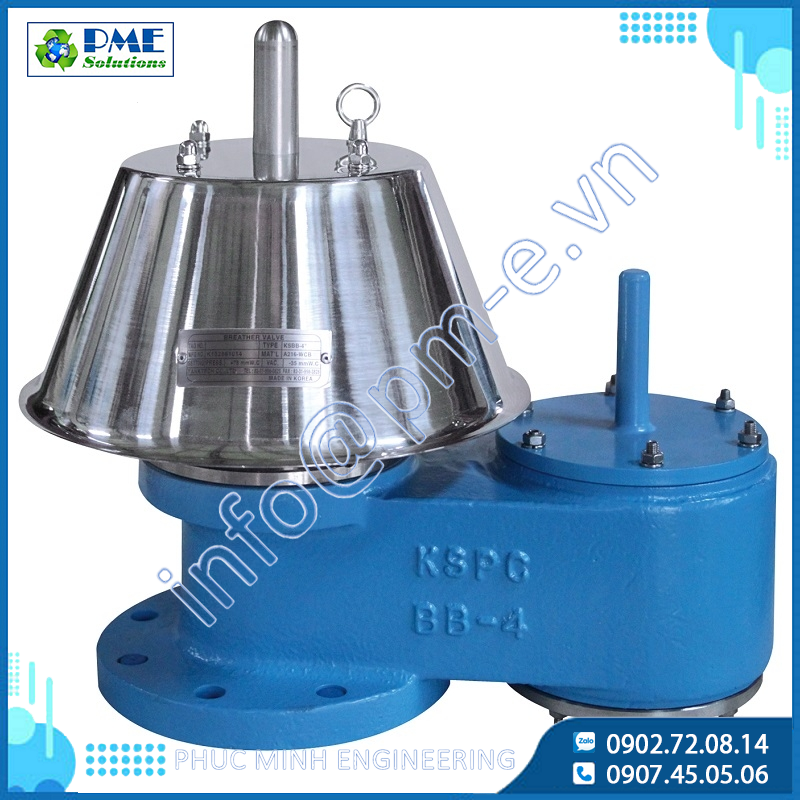


.png)






